Code of Practice For Muslims in the West
Fasting- General Rules
It is appropriate now to explain some rules of fasting, and append to them the specific questions and answers concerning this important Islamic ritual. Among the acts that invalidate fasting is intentionally eating and drinking. So, if a person who is fasting eats or drinks by mistake (e.g., he forgot that he was fasting) and not intentionally, his fasting is in order and there is no penalty upon him. Among the acts that invalidate fasting of Ramdhãn is intentionally staying in a state of janãbat until the beginning of true dawn. So if such a person intentionally remains in that state without performing major ablution (ghusl) until the beginning of the true dawn in the month of Ramadhan, then it is obligatory upon him to refrain from the forbidden things for the remaining of the day. (As a matter of obligatory precaution one should abstain with the intention of “ma fidh dhimma — what is expected of him”.) They should also make up this fast some other day [after Ramadhan] with the intention of “ma fidh dhimma” and also incur the penalty, based on obligatory precaution. If a person is sick and cannot perform ghusl because of his sickness, he should do tayammum before true dawn; thereafter, they will be considered to be in a state of ritual purity. Thus, they will be able to fast. Among the acts that invalidate fasting in the month of Ramadhãn is for a woman to remain until true dawn in a state of ritual impurity caused by menstruation (hayz) or post-natal bleeding (nifãs) after it had stopped and while it was possible for her to do major ablution (ghusl). So if she stays without ghusl till the beginning of true dawn, her situation will be the same as that of the person in janãbat as mentioned above. If performing ghusl was not possible for her, she should take to tayammum. It is preferable for the fasting person not to swallow phlegm that has reached the mouth, although it is permissible for him to swallow it. Similarly, it is permissible for him to swallow the saliva that has gathered in the mouth, even in large quantities. Discharge of semen during daytime does not invalidate the fast; and the person should perform ghusl for janãbat for his salãt. So discharge of semen [during daytime] does not invalidate fasting. Washing the teeth with brush and toothpaste does not invalidate the fast as long as the person does not swallow the saliva that has mixed with the toothpaste. However, the lingering flavour or taste of the paste that mixes with the saliva does not affect the fasting.If a Muslim lives in a city that has daylight for six months and night for six months [e.g., the northern part of Europe or Canada], it is obligatory for him to move during the month of Ramadhãn to a city with ‘normal’ day and night so that he can start fasting, if not, he should move after that month to fast as qadhã (making up the missed fast). However, if it is not possible for him to move, then he has to pay compensation (fidya) instead of fasting; that means giving 750 grams of food [rice or flour] to a poor person per day. If a Muslim lives in a city where daylight in some seasons is for 23 hours and the night is only for one hour or vice versa, it is still obligatory on him to fast, if he has the ability to do so. But if he is not able to fast, the obligation is forfeited. If it is possible for him to do qadhã later on [e.g., in other seasons or] by moving to another city, it is wãjib for him to do the qadhã. If he is unable even to do the qadhã, it is obligatory on him to pay fidya in lieu of fasting.
Source: Sistani.org



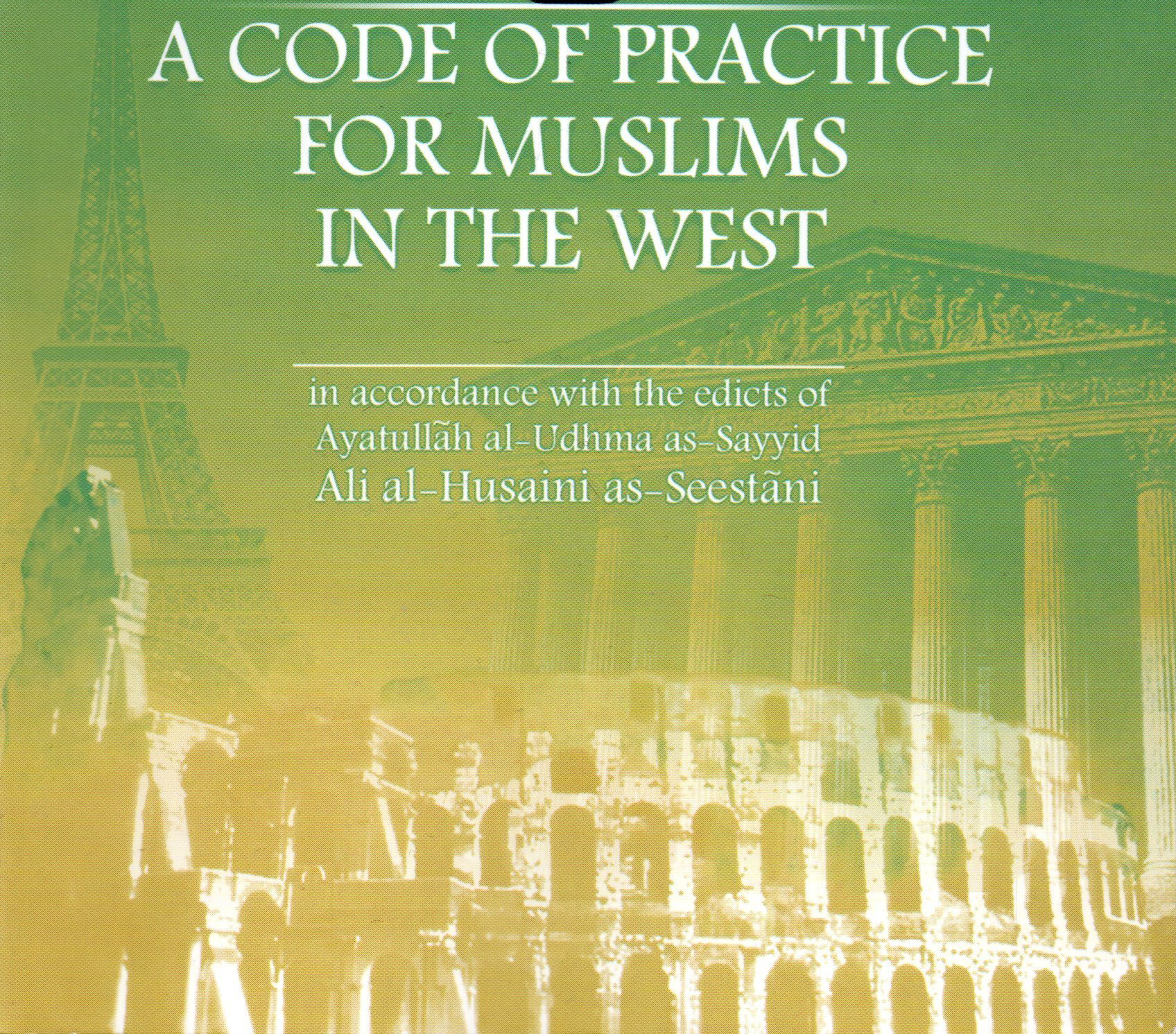


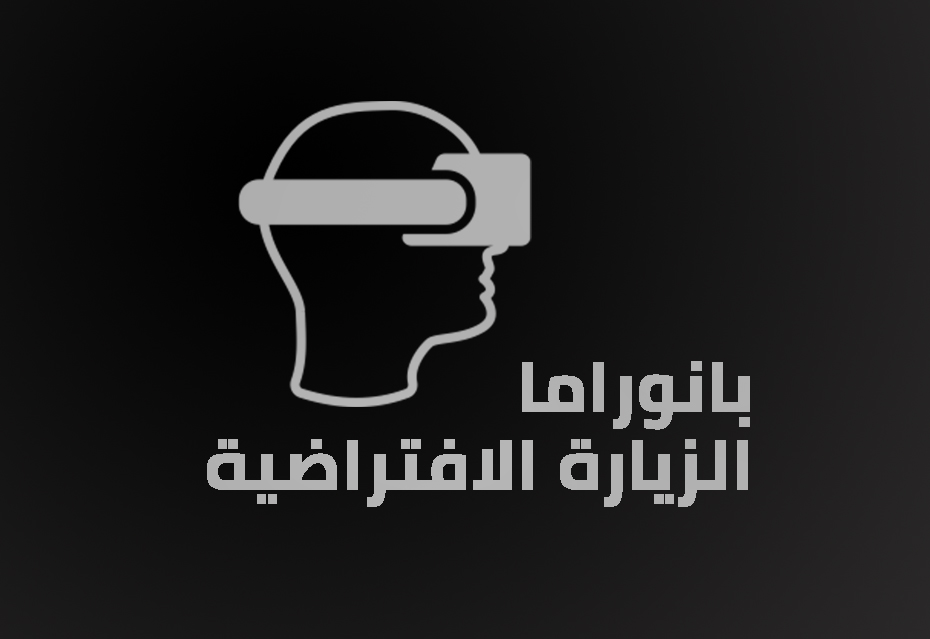
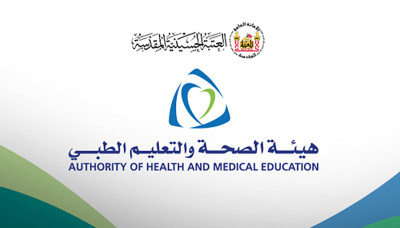


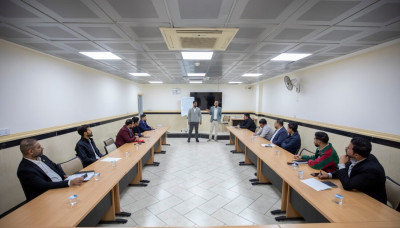

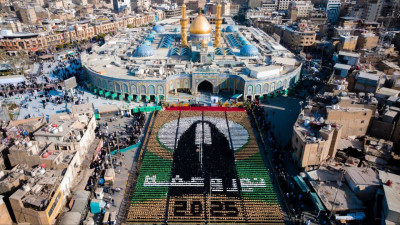
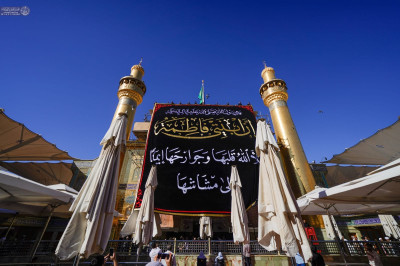



اترك تعليق